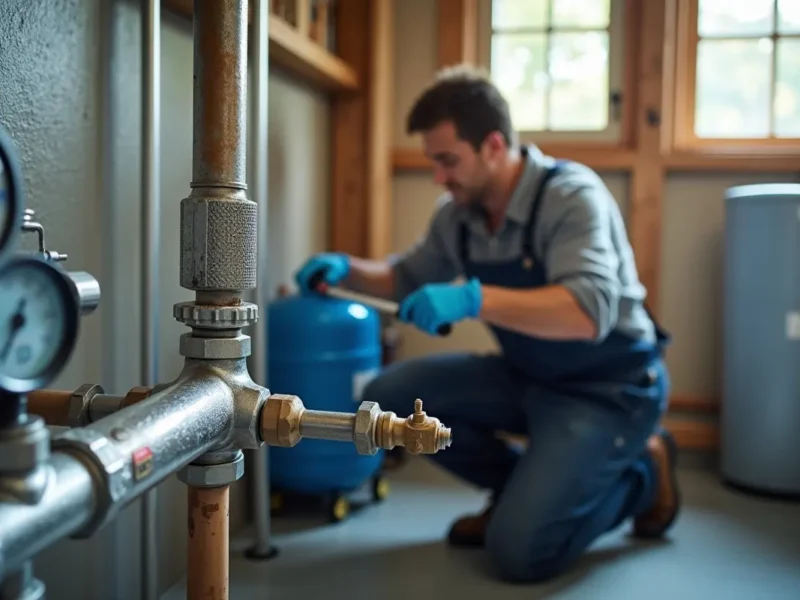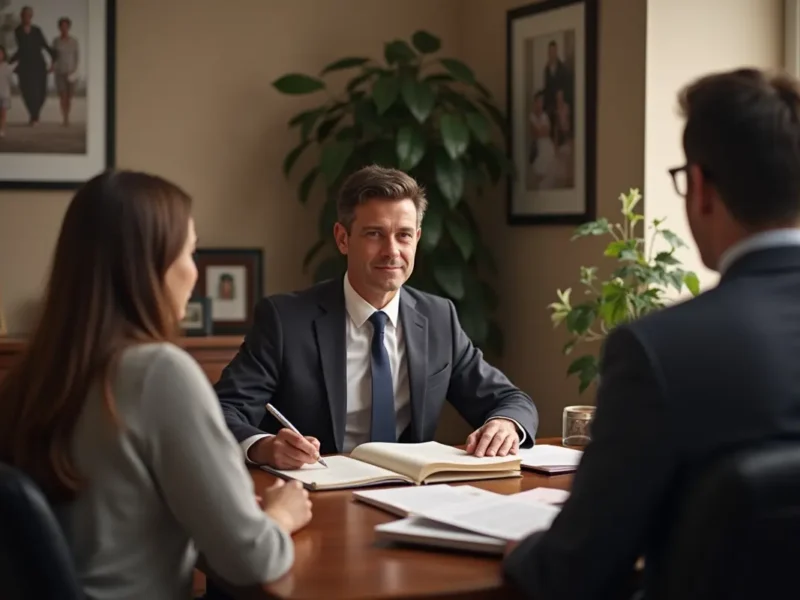Renting a house is a significant undertaking, especially if you plan to reside there for an extended period. It is crucial to understand what you are getting into by asking your potential landlord important questions depending on your circumstances, budget, preferences, and family structure.
While it’s natural to hope that the landlord will disclose all essential property details themselves, it’s unwise to assume they will do so without inquiry. In fact, it is your responsibility to get into the details to avoid future regrets and thoughts of “I wish I had known this before signing the lease.”
Here is a list of questions to ask your potential landlord before finalizing the lease agreement.
Contents
Is maintenance of the house my responsibility?
In general, renters are not responsible for repairs and maintenance, such as broken faucets, water leaks, electrical issues, pest control, etc. However, exceptions may apply, and you might be responsible for minor repairs, such as filling in nail holes and replacing old air filters. Be sure to understand your responsibilities before finalizing the deal.
Is the house furnished?
Rent for furnished houses differs from unfurnished ones. Furnished apartments can include a variety of amenities, such as living room furniture, bedroom furniture, and a meal table with chairs.
While renting a furnished apartment eliminates the need to move furniture from your previous residence, it’s important to exercise caution when considering such a rental due to the potential issue of bed bugs.
Ask the potential landlord if the apartment has bed bugs. If they do not provide a satisfactory answer, refrain from finalizing the deal until you inspect the house yourself. Check the property for signs of bed bugs, including blood spots on mattresses and sheets and a foul odor.
Am I responsible for any extra fees?
In addition to the monthly rent for the house, you may be responsible for additional fees, which can include:
- Pet fees
- Utility fees
- Parking charges
- Elevator fees
Discovering these charges after moving into the rented property can be extremely frustrating and surprising, especially if you are trying to stick to a tight budget. To avoid the shock of unexpected fees when it’s time to pay your first rent, it’s advisable to ask the landlord about them upfront.
How long is the period of the lease?
Most house leases typically run for 12 months, but some management companies and individuals offer rental terms ranging from 6 months to a year and a half. You can inquire with your potential landlord about the possibility of flexible lease terms, allowing you to rent the house for as long as you desire. Opting for a longer-term lease can come with several advantages.
Benefits of signing a long-term lease
- Receive a discount on your monthly rent.
- Gain better negotiating power and more favorable lease terms, such as potential repairs and the addition of certain amenities.
- Avoid the inconvenience of frequent moves and concerns about rent increases.
- Build a stronger relationship with your landlord over time.
- Increase the likelihood of your landlord investing in maintenance and repairs in the house when you commit to a long-term lease.
When and how do you need me to pay the rent?
Landlords often have varying procedures for receiving rent payments from their tenants. Therefore, it’s advisable to inquire about the rent payment process and schedule upfront.
Things to ask your potential landlord regarding rent payment process and time
- Inquire about penalties and fines for late rent payments.
- Ask whether they prorate the rent if you move into the house in the middle of the month. If so, you will only pay for the time you stay in the house.
- Clarify the grace period, which is the time after the due date during which you can pay the rent without incurring any late fees.
- Confirm the frequency of rent payments; while most landlords require monthly payments, some may request bi-monthly or quarterly payments.
- Will you refund the security deposit?
Asking your potential landlord about the security deposit is important. Generally, the security deposit is refundable, provided that you adhere to the terms and conditions of the lease.
Situations when you don’t get your security deposit back
- Landlords typically expect you to return the property in the same condition as when you leased it. Beyond reasonable wear and tear, extensive damage to the rental property can result in deductions from your security deposit.
- Your landlord may deduct unpaid rent from your security deposit, potentially reducing the refund amount.
- Violating lease agreements, such as subletting or keeping pets without permission, can lead to a forfeiture of your security deposit.
To receive your security deposit back, it is essential to:
- Document the property’s condition both before starting and terminating the lease.
- Complete any necessary repairs and fulfill the terms and conditions outlined in the lease.
- Thoroughly review the lease agreement’s terms regarding the security deposit to avoid any last-minute surprises.
Is there a parking space available on the property?
For many renters, having access to a parking space on the property is of utmost importance. A dedicated parking spot near the house offers significant convenience, particularly for those with a car. The challenge of finding street parking, especially in a busy neighborhood, can be quite a hassle.
If the building offers parking garages, you can enjoy a hassle-free parking solution. However, there may be an additional parking fee associated with this convenience. Therefore, if you own a car, it’s advisable to seek apartments that include a dedicated parking space.
Can I keep a pet in the house?
Not all landlords eagerly allow their potential tenants to keep pets in the house. While pets are great to be around, they can also make a lot of mess. So, asking this question is crucial for renters with pets.
Things you must ask a potential landlord about keeping pets
- Inquire about the pet policy: Some landlords have specific rules about the types of pets allowed, while others may have a more lenient approach.
- Ask about any additional pet fees: In certain situations, you may be required to pay extra fees to cover potential damages caused by your pet.
- Clarify if there are any restrictions on where pets are allowed: Your landlord may impose limitations on where you can take your pet within and around the building to ensure the safety and well-being of all residents.
Asking these questions before signing the deal allows you to choose a house that is comfortable for you and your pet, allowing you to live happily in your new abode.
Conclusion
Open communication between potential tenants and landlords is essential for ensuring a smooth and seamless rental process. Both parties should discuss matters that could potentially lead to problems in the future. Asking questions, as mentioned above, ensures that both the renter and the landlord are aware of their rights and responsibilities and that everything has been clearly outlined before signing the house lease agreement.



